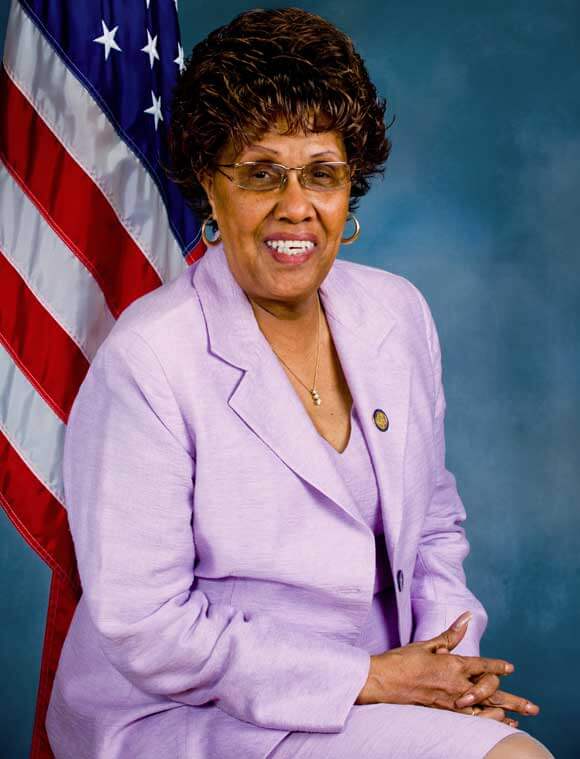Working to protect victims of sexual abuse, the New York State Senate passed a package of bills aimed at improving public safety, creating harsher penalties for perpetrators of sexual abuse and strengthening adherence to penal laws, Senator Shirley L. Huntley (D-Jamaica) announced on April 8.
Senator Huntley said, “Protecting victims of sexual abuse with strengthened penalties sends a message to would-be perpetrators that these criminal and immoral acts are punishable and will not be tolerated. These bills will ensure those who compromise the safety of our children and communities are held accountable to the fullest extent of the law.
“Our children are the greatest asset we have, and we must take every action to ensure that those who choose to violate and harm the future of our country will face swift and harsh punishment. These bills will go a long way to protect our children and provide harsher penalties and restrictions to those who choose to violate the law.”
The package of protective bills includes legislation that:
Raises the penalty for sexual abuse in the second degree from a class A misdemeanor to a class E felony. By changing the penal law with this bill, those convicted of sexual abuse in the second degree will get a significantly harsher sentence for those who violate the safety of our children and most vulnerable residents.
Creates criminal penalties in two instances: where a convicted sex offender fails to meet his or her obligation under to Sex Offender Registration Act (SORA); and where a convicted offender refuses or fails to provide a DNA sample as provided by sections 995(7) and 995-c(3) of the Executive Law.
Establishes that a person is guilty of the crimes of aggravated sexual abuse in the first, second or third degree when the victim is less than 13 years of age and the perpetrator is 18 years of age or older.
Prohibits convicted sex offenders from working or volunteering at any facility where their employment would allow them unsupervised access to residential living quarters.
Provides that the registration of sex offenders shall include a statement that they are in compliance with certain state, county and local residency and employment laws.




















